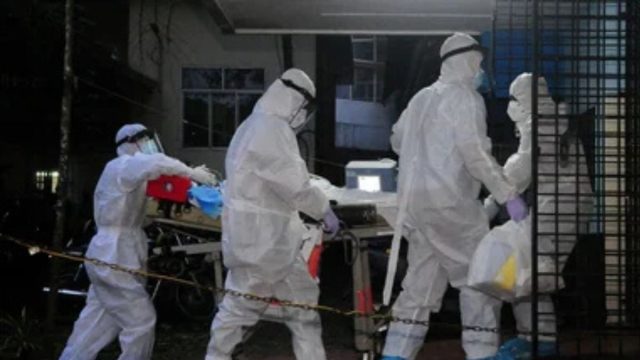A recent fertility case from Indira IVF Pune has brought renewed attention to the often-overlooked role of male reproductive health in infertility. Despite male factors accounting for nearly 50% of infertility cases in India, according to the Indian Council of Medical Research (ICMR), many couples continue to undergo prolonged evaluations that focus largely on women, delaying accurate diagnosis and treatment.
The case involves a Pune couple— a 36-year-old husband and 34-year-old wife—who had been trying to conceive for four years. While the wife had completed a full fertility assessment, the husband had never been evaluated. When comprehensive testing was finally conducted, doctors identified male-specific reproductive factors that required targeted intervention.
“Male fertility is often overlooked because evaluations traditionally begin with women,” said Dr. Amol Subhash Lunkad, IVF Specialist at Indira IVF Pune. “Many men avoid testing due to social stigma, leaving underlying reproductive issues undiagnosed for years. Timely evaluation allows us to design targeted treatment plans and gives couples a better chance at a healthy pregnancy.”
Further analysis confirmed Klinefelter syndrome (47, XXY), elevated FSH, and low testosterone levels. The clinic’s multidisciplinary team developed a personalised treatment plan involving micro-TESE, ICSI-IVF with laser hatching, PGT-A genetic screening, sperm preservation, and a frozen embryo transfer following customised hormonal preparation.
The couple conceived after treatment and welcomed a healthy baby free from genetic abnormalities, demonstrating the value of early and comprehensive male reproductive testing. Indira IVF said the case reflects the broader need to normalise conversations around men’s reproductive health, reduce stigma, and encourage couples to pursue evaluations together.
“Infertility is not a woman’s issue alone,” the centre noted, stressing that timely male participation can eliminate years of uncertainty and prevent avoidable delays in treatment.




